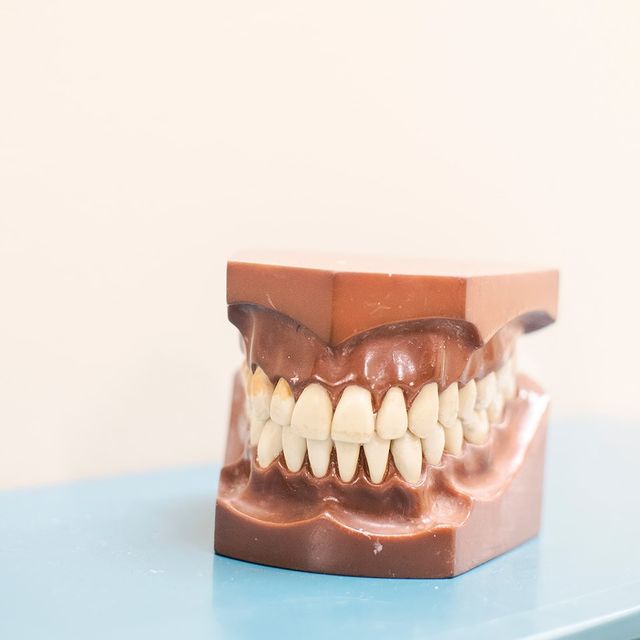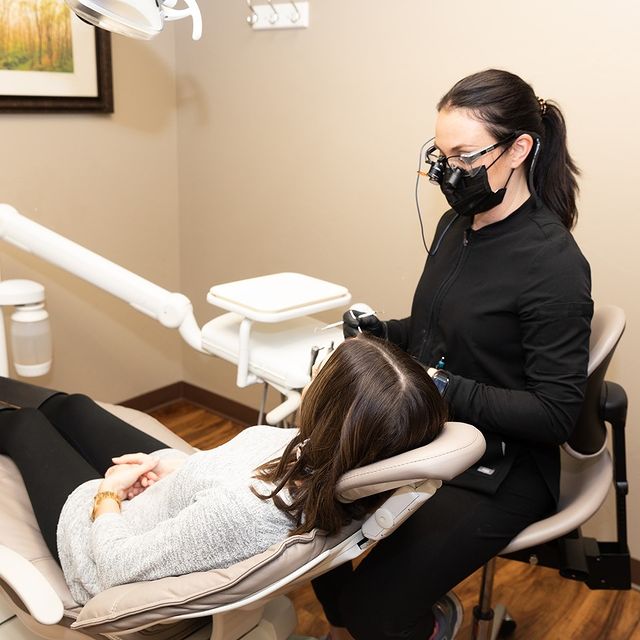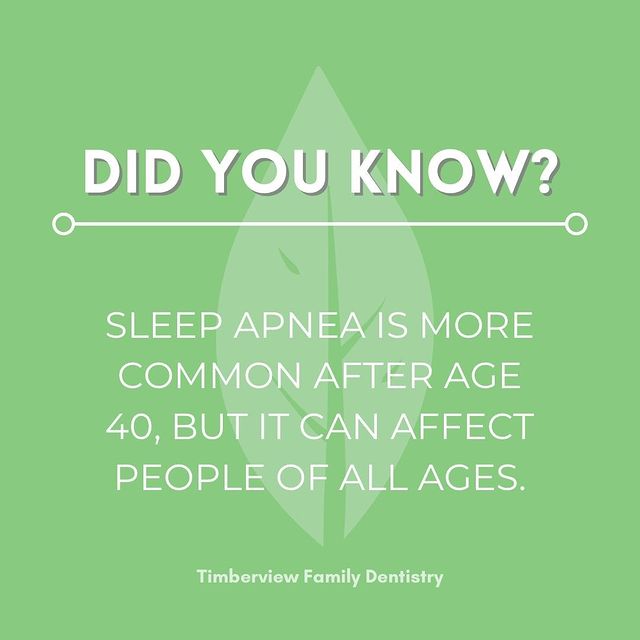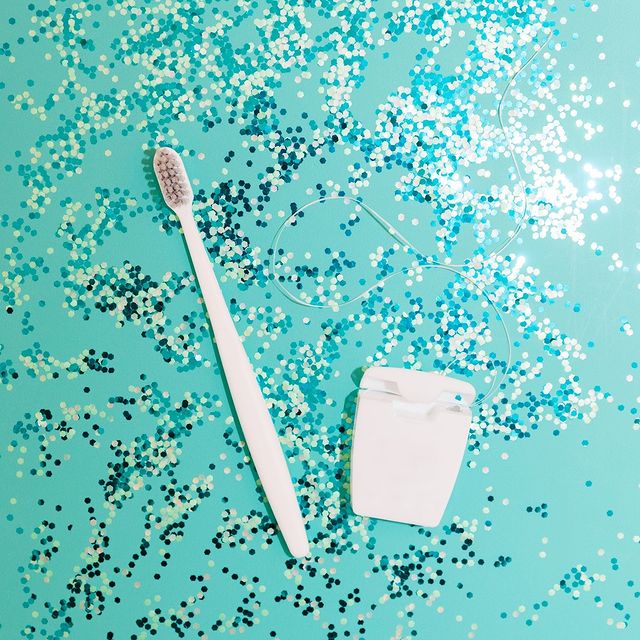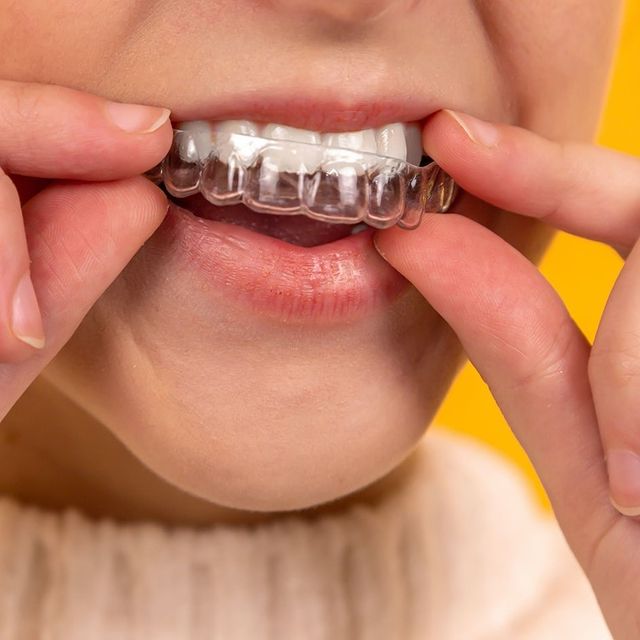Bringing a new life into the world is a miraculous journey, filled with joy, anticipation, and numerous changes. While expectant mothers are often mindful of their overall health during pregnancy, oral health is an aspect that may sometimes be overlooked. You might be wondering: How does pregnancy impact oral health? We’re here to help. TimberView Dentistry recognizes the importance of maintaining good oral hygiene for both the mother and the baby’s well-being. In this blog post, we’ll delve into the intricate relationship between pregnancy and oral health, shedding light on essential practices for maintaining a healthy smile.
Hormonal Changes and Oral Health
Pregnancy is a time of significant hormonal shifts within a woman’s body. These hormonal changes can lead to an array of oral health issues, such as:
- Gingivitis: Elevated hormone levels, especially progesterone, can make gums more sensitive to plaque and bacteria. This can result in gingivitis, characterized by swollen, tender, or bleeding gums.
- Pregnancy Tumors: While benign, pregnancy tumors can develop on the gums. These small growths, usually found between the teeth, are non-cancerous and typically disappear after childbirth.
- Enamel Erosion: Morning sickness, a common pregnancy symptom, can expose teeth to stomach acid. This acid can erode enamel, leading to increased sensitivity and potential long-term damage if not addressed promptly.
The Importance of Regular Dental Check-ups
Maintaining a healthy mouth during pregnancy is crucial not only for the expectant mother but also for the well-being of the child. Regular dental check-ups allow for early detection and treatment of any oral health issues. TimberView Dentistry recommends scheduling routine cleanings and check-ups to monitor and address any emerging concerns.
Nutrition and Oral Health During Pregnancy
A balanced diet rich in essential nutrients is crucial for both the mother and baby’s overall health. Calcium, Vitamin D, and Phosphorus are especially vital for the development of strong teeth and bones. Incorporating dairy products, leafy greens, and lean proteins into one’s diet can help support oral health during pregnancy.
Practicing Safe Oral Hygiene Habits
Maintaining good oral hygiene practices is essential throughout pregnancy. Here are some tips to ensure optimal oral health:
- Brush: Brush teeth at least twice a day with a fluoride toothpaste to help prevent tooth decay and gum disease.
- Floss: Daily flossing removes food particles and plaque from between teeth and along the gumline, reducing the risk of gum disease.
- Rinse with Mouthwash: Opt for an alcohol-free, pregnancy-safe mouthwash to help reduce bacteria and freshen breath.
- Stay Hydrated: Adequate hydration helps maintain saliva production, which is essential for neutralizing acids and preventing tooth decay.
- Seek Prompt Dental Care: If any unusual changes or discomfort arise, consult with TimberView Dentistry promptly for professional advice and treatment.
Post-Pregnancy Dental Care
After childbirth, it’s essential to continue prioritizing oral health. Hormonal levels will gradually return to normal, but any oral health issues that emerged during pregnancy should be addressed promptly to ensure a healthy smile for both mother and baby.
We hope this has given you a glimpse into how pregnancy impacts oral health. At TimberView Dentistry, we’re dedicated to supporting you through every stage of life. If you have any questions or concerns about your oral health during pregnancy, don’t hesitate to reach out to our experienced team of dental professionals.








